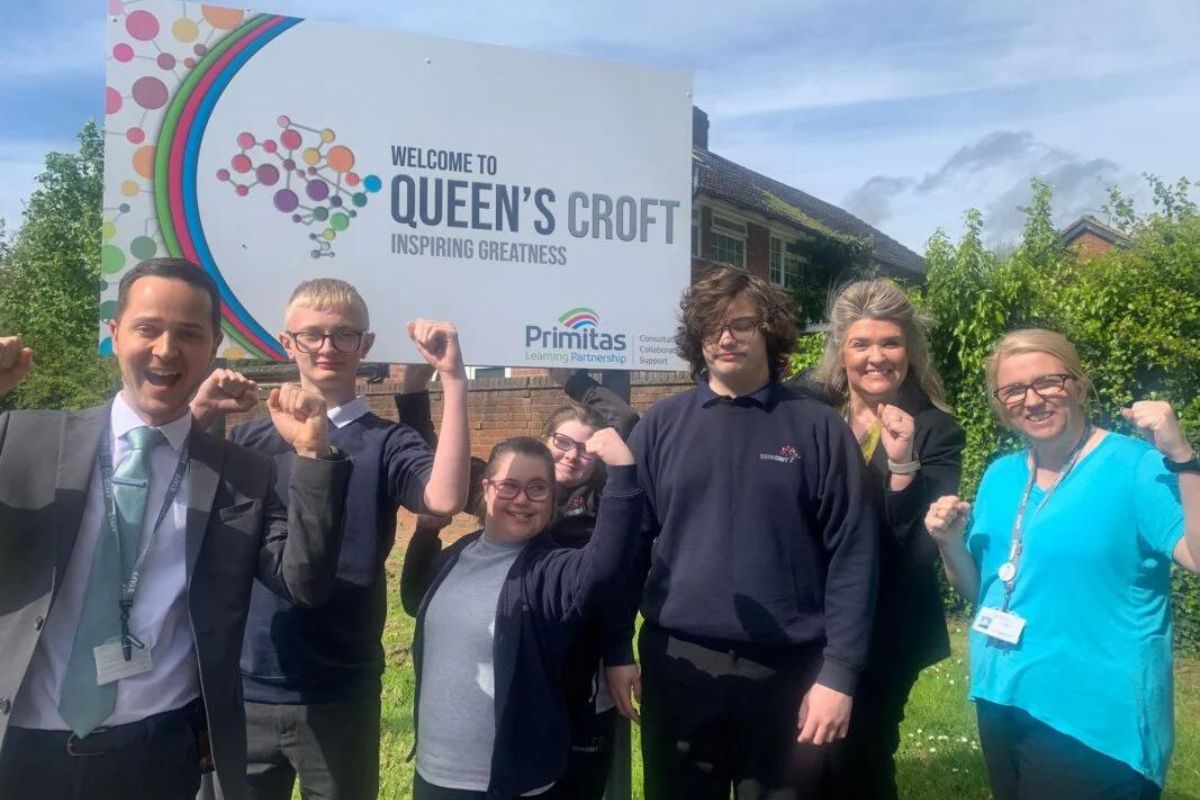Future rollout of new early years entitlements faces challenges

- Ambitious timetable intended to achieve labour market benefits quickly
- Government on track providing children places in April but challenges and uncertainties remain around sector sustainability and staffing
- Rapid growth could impact quality of provision, and quantity of places for vulnerable children
- NAO recommends setting interim milestones, and planning contingency given the challenging timetable
Government is working quickly to expand childcare entitlements for working parents, but the ambitious timetable was set amid significant uncertainty around feasibility, costs, and benefits, according to a new National Audit Office report.
The Department for Education (DfE) is responsible for the entitlement expansion aimed at increasing labour market participation by helping others to return to work, and greater numbers to increase their working hours.
The Department is on track to meet its April 2024 milestone. As of 17 April, parents had been issued codes to claim their funded places for 246,833 children. Providers have validated 195,355 (79%) of these codes but DfE expects this to rise further and stabilise at around 85% – although the timescale for when this will happen is uncertain.
DfE estimated it needed 7,000 additional places to satisfy demand in April 2024 and it needs approximately 85,000 new places overall by September 2025. The Department acknowledges meeting future milestones will be ‘problematic’ given uncertainties regarding the sector’s capacity and staffing.
A DfE survey of local authorities in March 2024 found one third (34%) were confident in meeting the September 2024 milestone of 15,500 additional places, reducing to 9% for the September 2025 milestone of a further 69,300 places. DfE expect confidence levels to increase ahead of the next milestone.
The scheme, which could see 662,000 more children becoming eligible for government-funded early years spaces in 2024-25, was announced as part of the March 2023 Budget. Usual restrictions for budget announcements meant DfE could not consult the early years sector beforehand, and it set timelines without knowing local authorities’ or providers’ capacity and capability to deliver.
DfE told the NAO it accepted the timetable given the policy imperative to realise labour market benefits quickly. The department originally planned to implement the changes early in some local authorities, to test feasibility and establish evaluation baselines, but cancelled this due to affordability constraints.
The department considered the trade-offs with delivering the programme quickly and accepted the risk that providers may not have enough staff. It worked with HM Treasury to mitigate risk by increasing hourly funding rates for local authorities; by an average of 4.7% for 3–4-year-olds, and from £6.00 to £8.28 per hour for two-year olds.
DfE also changed regulatory requirements, including reducing the staff to child ratio for two-year-olds to 1:5, to help providers flex their staffing models.
Insufficient staffing continues to represent the main barrier to expansion, which is why DfE has launched a national recruitment drive and financial incentives. More than 90% of 152 local authorities responding to DfE’s readiness survey in March 2024 cited a lack of early years staff as a problem, with 63% highlighting a lack of staff with appropriate qualifications.
DfE estimates that by September 2025, the early years workforce would need to expand by around 40,000 full-time equivalent staff. This represents a 12% increase on existing staff numbers in just over two years, which is ambitious given the workforce only increased by 5% between 2018 and 2023.
The NAO report highlights the risks of unintended consequences with large numbers of new or less qualified staff entering the workforce, including jeopardising the quality of provision; reducing the number of places available for vulnerable children; and widening the attainment gap between children from more affluent families compared with disadvantaged peers.
DfE estimates the programme will achieve around £5.6 billion of employment-related benefits (a third of total benefits), and a benefit to cost ratio of £1.26: £1. There remain significant uncertainties in how parents of younger children will respond to the new entitlements.
The NAO recommends DfE commits to continuing to monitor the implementation of the new entitlements, so the expansion does not negatively impact or displace those children who may be more challenging or costly to support.
Other recommendations include measuring the impact that interventions, including revised funding rates, have on staff and early years places, to understand how the programme may need to change to achieve the next two milestones and its longer-term outcomes.
Sector response
Gareth Davies, the head of the NAO, said:
“Following the Spring Budget 2023, the government quickly established a programme to extend early years entitlements and sensibly staggered its rollout to reduce delivery risks.
“Despite the crucial role providers will play in delivering these reforms, consultation with the sector was hampered by the restrictions that apply when developing budget proposals. DfE then cancelled early testing plans, which exacerbated the significant uncertainty about the sector’s capacity and financial sustainability.
“The next phase of the reforms will be significantly more challenging, with little contingency and flexibility in its ambitious timetable. The Department must monitor the programme closely and respond promptly to emerging risks.”
Bridget Phillipson MP, Labour’s Shadow Education Secretary, said:
“This is yet more resounding evidence that the Conservative government made a childcare pledge without a plan to deliver it – and yet again families will be paying the price of the Tories’ broken promises.
“Only Labour can deliver the reformed early years system that will transform children’s life chances and give parents choices in the workplace.
“That is why we asked the respected former Chief Inspector of Ofsted Sir David Bell to lead an early years review to inform our plans for a modern early years system that better supports families with access to available, affordable childcare.”











Responses